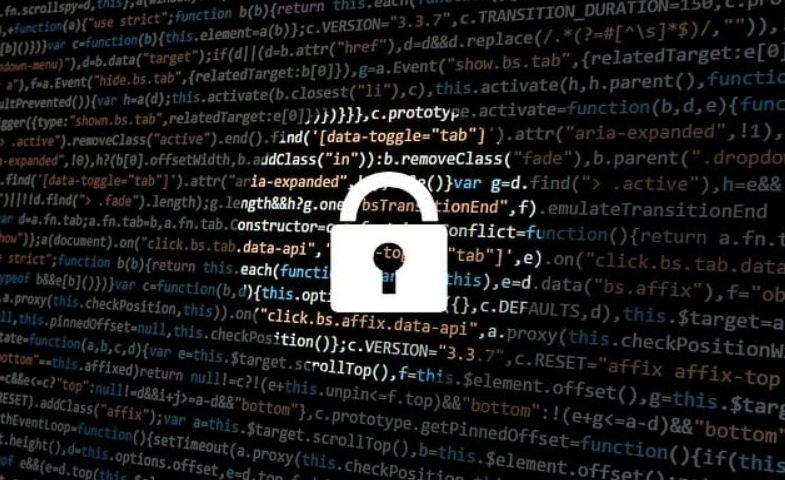Navigating the AI Threat Landscape: A Guide for Businesses from WheelHouse IT

In the rapidly evolving digital age, integrating Artificial Intelligence (AI) into our daily lives and business operations has been nothing short of revolutionary. With the advent of Large Language Models (LLMs) like OpenAI’s ChatGPT and the widespread adoption of generative AI, the promise of enhanced efficiency and creativity is undeniable. However, this technological leap forward […]
Addressing the Rising Threat of AI-Powered Cyberattacks

In a significant announcement, Microsoft has highlighted an emerging threat landscape where cybercriminals are leveraging ChatGPT, the advanced chatbot developed by OpenAI in November 2022, to orchestrate sophisticated cyberattacks. As a leading provider of comprehensive IT solutions, WheelHouse IT is closely monitoring these developments to ensure our clients’ digital environments remain secure against evolving threats. […]
Warding Off Threats: Critical Infrastructure Security Best Practices for 2024

Are you worried about the growing threats to critical infrastructure security? As we approach 2024, investing in measures that protect power grids, transportation systems, and healthcare facilities from cyberattacks is crucial. Vulnerability assessments, penetration testing, and incident response planning will be essential in defending against disruptions. In this article, we’ll explore the significance of strategic […]
The Silent Threat Looming Over Small Medical Practices: A Closer Look at the Importance of HIPAA Compliance

In recent news, McLaren Health, a large health system with 15 hospitals in Michigan, faced a crippling ransomware attack in August 2023. Affiliates of the ALPHV/BlackCat ransomware group were responsible, boasting that they managed to siphon off the sensitive data of nearly 2.5 million patients. But while such incidents often make the headlines because they […]
MGM Breach A Wake-up Call for Business Leaders

MGM, one of the leading resort giants, is reeling from the aftermath of a damaging cyberattack that occurred in September. The assailants successfully accessed a vast amount of personally identifiable information (PII) from MGM’s clientele, an incident that the company anticipates will lead to a staggering $100 million loss. In a recent filing with the […]








